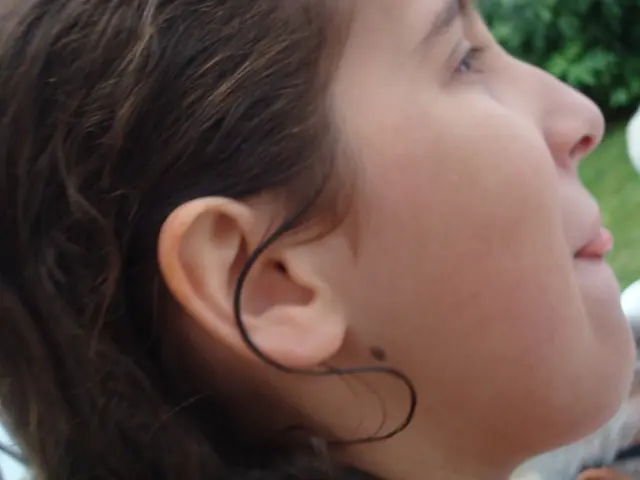Baking Soda Gender Test: Performing the Test and Assessing Its Efficiency
In the world of pregnancy-related curiosities, one home experiment that has gained popularity is the baking soda gender test. The test, which involves mixing a pregnant woman's urine with baking soda to predict the baby's sex, is based on the claim that the pH level of urine changes according to the sex of the fetus, causing a chemical reaction with baking soda. However, it's essential to separate fact from fiction when it comes to this test.
The baking soda gender test, despite its widespread use, lacks scientific validation. There is no evidence supporting its accuracy, as the pH of urine can vary for numerous reasons unrelated to the fetus's sex, such as diet, hydration, and health conditions. In contrast, medically accepted methods like ultrasound scans and amniocentesis are highly accurate (up to 99-100%) for determining fetal sex, as they rely on direct visualization or genetic analysis rather than indirect chemical changes.
Ultrasound scans, for instance, can show all of a baby's anatomy, including their genitals, but getting a good image may be difficult if the fetus is in an unusual position. On the other hand, noninvasive prenatal testing (NIPT) can detect the sex of a fetus by looking for the presence of a Y chromosome.
Amniocentesis and chorionic villus sampling are other medical procedures that can determine the baby's sex and certain genetic disorders. Amniocentesis involves collecting a sample of amniotic fluid to detect genetic problems, while chorionic villus sampling involves collecting a tissue sample, known as villi, in the placenta. Both procedures have risks and may only be performed for medical reasons.
In summary, the baking soda test is not a reliable method for gender prediction. Its results are based on anecdotal evidence and coincidence rather than physiological or biochemical evidence. Pregnant individuals should consider the test purely for entertainment rather than medical insight. It's always best to consult a healthcare professional for accurate and reliable information about determining the sex of a fetus.
| Aspect | Baking Soda Gender Test | Scientific Methods (Ultrasound, Amniocentesis) | |-----------------------------|---------------------------------------------|-----------------------------------------------------| | Basis | Urine pH changes causing fizz with baking soda | Direct fetal imaging or genetic testing | | Scientific validity | None; no evidence supporting accuracy | High (99-100% accurate) | | Influencing factors | Diet, hydration, health - unrelated to fetus sex | Fetal chromosomes or anatomy | | Purpose | Fun, anecdotal home experiment | Medical diagnosis |
- The baking soda gender test, not scientifically validated, lacks evidence supporting its accuracy.
- The pH of urine can alter for reasons other than the fetus's sex, such as diet, hydration, and health conditions.
- Ultrasound scans, relying on direct visualization of a baby's anatomy, are highly accurate in determining fetal sex (up to 99-100%).
- Amniocentesis and chorionic villus sampling, medical procedures, can determine a baby's sex and certain genetic disorders.
- Amniocentesis involves collecting amniotic fluid to detect genetic problems, while chorionic villus sampling collects placenta tissue.
- Both procedures have risks and may only be performed for medical purposes.
- Pregnant individuals should view the baking soda test as a pure form of entertainment, not a reliable source for medical insight.
- Consulting a healthcare professional is the best method for accurate and reliable information about determining the sex of a fetus.
- In contrast, science and health-and-wellness rely on proven methods like ultrasound scans, amniocentesis, or chorionic villus sampling for predicting fetal sex.
- Type 2 diabetes, depression, obesity, HIV, hepatitis, Crohn's disease, and even psoriatic arthritis are subjects often discussed in the realm of science and health-and-wellness.
- Multiple sclerosis, bipolar disorder, Alzheimer's disease, spondylitis, asthma, and pfizer's latest research in various health-related fields also attract attention in this field.
- It's important to remember that home tests like the baking soda gender test often lack accuracy compared to scientifically validated methods.
- In the wider health spectrum, predictive analyses, such as those in genetics, diabetes management, or mental health, are advancing rapidly thanks to science and technology.




